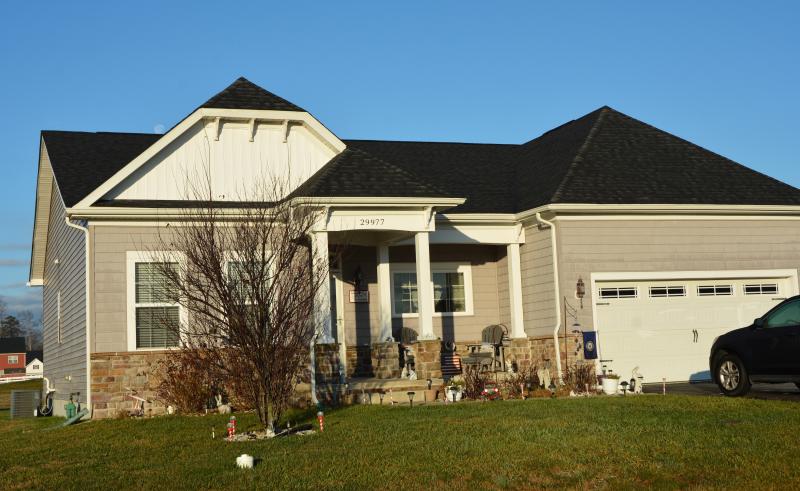Court rules in favor of builder over stormwater drainage issue
A Chancery Court magistrate has ruled in favor of a local developer who was being sued for fraud by homeowners looking to rescind a purchase agreement for a property in the Heron Bay community outside Lewes. The homeowners argued the developer omitted information at closing related to poor stormwater drainage on their property.
According to a report issued Dec. 7 by Magistrate Bonnie David, Richard and Casimira Mack sued developers Heron Bay Associates LLC and LC Homes for fraud by misrepresenting and omitting material information concerning longstanding drainage problems affecting the plaintiffs’ lot and the subdivision generally.
In 2016, the Macks contracted with Heron Bay LLC and LC Homes, both of which are affiliates of Capano Management, to purchase a new construction home on Crocodile Cove.
According to the report, a drainage issue on the lot dates back to at least 2013, when a neighbor first noticed it. In response, the developer’s engineer worked with Sussex Conservation District to develop a stormwater management plan intended to improve stormwater management throughout the neighborhood.
Separately, in 2017, the developer entered into a memorandum of understanding with Sussex County saying the county would issue new building permits for the development so long as the developer resolved drainage-related issues throughout the community. The magistrate’s report says county officials testified at trial that Heron Bay fully complied with the MOU.
During the trial, David said the Macks produced photos of standing water on the property, but Heron Bay representatives were able to produce weather reports from when those photos were taken showing the photos coincided with rain events. Additionally, the Macks contended that Heron Bay omitted information about the drainage issues and the soils used to fix them during the property purchasing process.
David said the Macks failed to demonstrate the lot had drainage problems materially or adversely affecting the property that should have been reported at the time the seller’s disclosure was made or before settlement.
“Based on the evidence presented, I find that at the time defendants made the seller’s disclosure and through settlement, they honestly and reasonably believed the improvements had resolved any drainage issues on Lot 143 and surrounding lots,” wrote David. “Even if plaintiffs had proven a material misrepresentation or omission [and they did not], their fraud claim fails because they did not prove that defendants knew any representation was false at the time they made the seller’s disclosure or before settlement.”
Chris Flood has been working for the Cape Gazette since early 2014. He currently covers Rehoboth Beach and Henlopen Acres, but has also covered Dewey Beach and the state government. He covers environmental stories, business stories and random stories on subjects he finds interesting, and he also writes a column called Choppin’ Wood that runs every other week. He’s a graduate of the University of Maine and the Landing School of Boat Building & Design.


















































